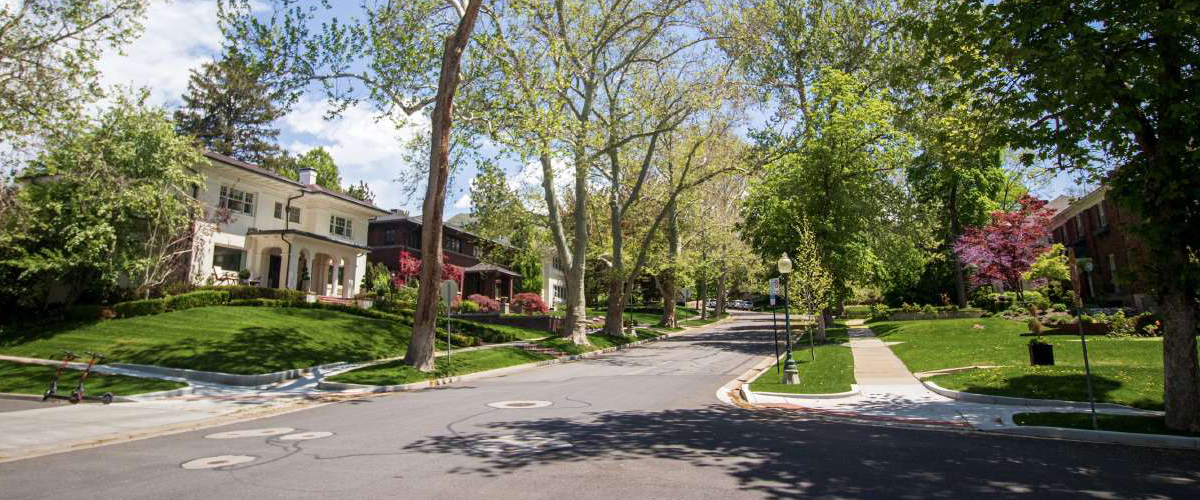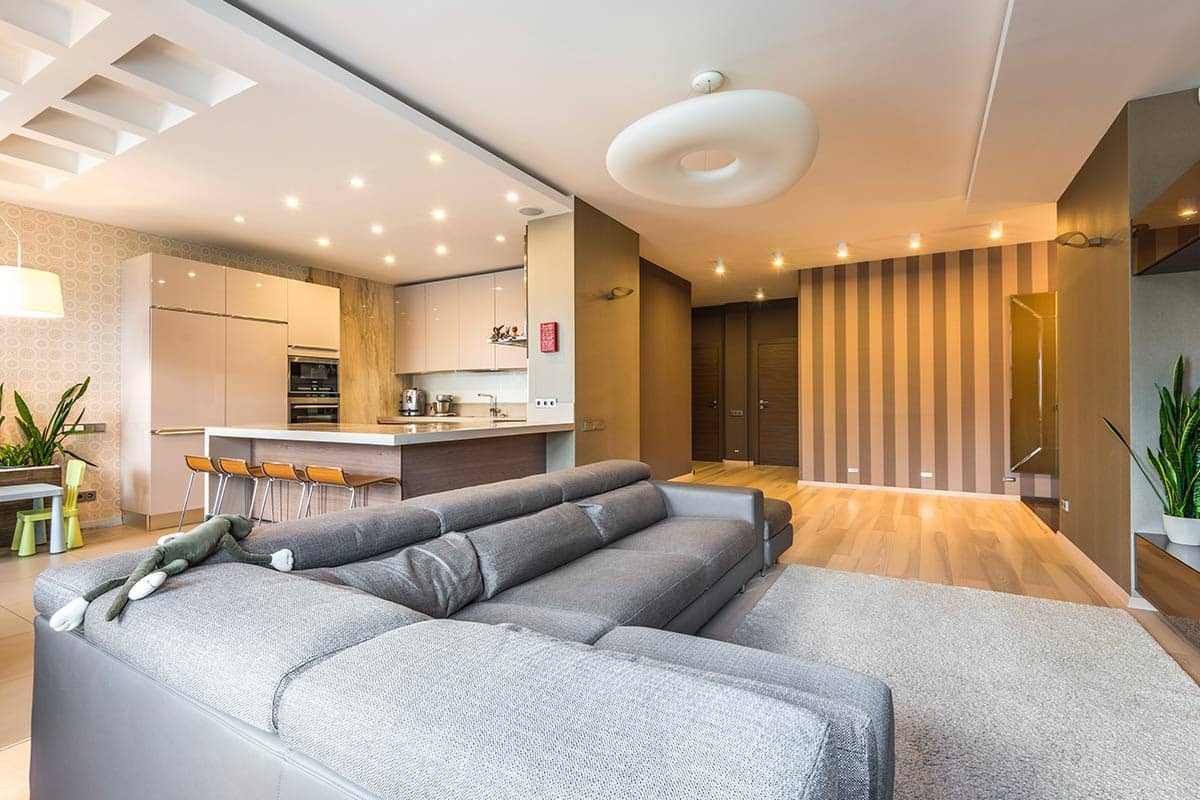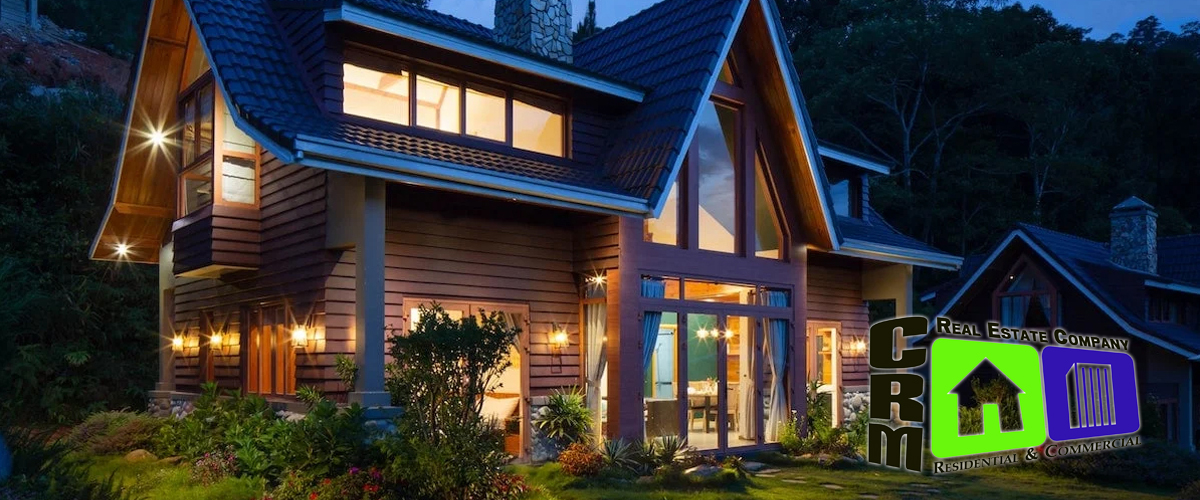Fix and Flip
Fix and Flips, What’s Involved?
Fix-and-flip investing is a thriving niche in Utah’s real estate market, offering incredible opportunities for savvy investors. I can confidently say that fix-and-flip projects are among the industry’s most exciting and rewarding strategies. With the state’s growing population and a booming housing market, there’s a consistent demand for updated and modernized properties. If you’ve ever considered turning a fixer-upper into a profit machine, Utah might be the perfect place to begin.
What Exactly is Fix and Flips?
Fix-and-flip investing is all about identifying undervalued properties, transforming them into desirable homes, and selling them for a profit. Over the years, I’ve seen countless properties that went from dilapidated to dazzling, thanks to thoughtful renovations. In Utah’s robust housing market, where demand for move-in-ready homes is high, this approach can yield impressive returns when done right.
Why Utah is a Fix-and-Flip Hotspot
Utah’s unique economic factors make it an excellent location for fix-and-flip projects. The state has one of the fastest-growing economies in the U.S., with a high influx of new residents each year. Cities like Salt Lake City and Provo, with their strong job markets and thriving tech sectors, create a demand for affordable, updated homes.
The Fix-and-Flip Process: My Time-Tested Approach
Finding the Right Property
Picking the Perfect Neighborhood
In Utah, the best deals are often found in neighborhoods on the rise, such as Sugar House in Salt Lake City or areas around Lehi’s Silicon Slopes. When scouting, I look for places with good schools, proximity to amenities, and signs of redevelopment. Over the years, I’ve found that targeting these neighborhoods often means more significant profits.
Evaluating the Property’s Potential
Every successful flip starts with a property inspection. The right property has good bones but needs cosmetic updates or moderate repairs. Focus on homes that need cosmetic fixes rather than extensive structural repairs. For instance, in Utah’s older neighborhoods like Ogden, I’ve found properties with great potential simply by replacing outdated kitchens and bathrooms. Properties in areas with outdoor access, like Park City, have higher potential due to the state’s active lifestyle culture.
Financing Fix-and-Flip Projects
Using Your Own Capital
Early in my career, I relied heavily on personal savings to fund projects. This approach eliminates loan interest and maximizes profits. This option is ideal for smaller flips or beginners testing the waters. Saving upfront also allows you to pocket more of the profits. For those just starting, this can be a great way to dip your toes into flipping without taking on too much financial risk.
Leveraging Hard Money Loans
Over the years, I’ve worked with hard money lenders to fund projects quickly. Hard money loans are common among Utah flippers, offering quick funding with flexible terms. These loans, based on the property’s value, are perfect for Utah’s competitive market where opportunities move fast. However, I always ensure the numbers work to cover the higher interest rates.
Building Strategic Partnerships
One of the best decisions I’ve made was partnering with contractors and other investors. Partnering with another investor or contractor can help reduce financial and operational risks. In Utah, where the market moves quickly, having trusted allies can make or break a deal. Sharing resources and expertise has consistently helped me complete projects on time and within budget.
Planning Renovations for Maximum ROI
In my experience, every dollar you spend on a property should multiply in value. Successful fix-and-flip projects start with a detailed renovation plan and budget. Focus on high-ROI improvements, such as modernizing kitchens and bathrooms or adding curb appeal. Focus on renovations buyers in Utah want, like modern kitchens, updated bathrooms, and energy-efficient upgrades. Solar panels, smart thermostats, and eco-friendly designs are particularly appealing to today’s buyers.
Strategies for Success
Setting Realistic Goals
The golden rule of flipping is to know your numbers before you start. Set achievable profit margins and timelines based on your property and market conditions. Over the years, I’ve learned to aim for a profit margin of at least 20% to account for unexpected expenses. Utah’s market can be volatile, so conservative estimates are always wise. Being realistic with your expectations is critical. Keep in mind factors like renovation permits, which can take time to secure.
Assembling a Reliable Team
No successful investor works alone. I’ve built relationships with home inspectors, contractors, real estate agents, and suppliers who understand the unique aspects of Utah’s market. Finding professionals you can trust is one of the best investments you can make.
Selling at the Right Time
Timing is key to maximizing profits. Monitor Utah’s market trends, I’ve noticed that Utah’s housing market peaks in the spring and summer months when buyer demand is highest. If you’re flipping in areas like Park City, capitalizing on the ski season can also make a huge difference.
Overcoming Common Challenges
Managing Renovation Costs
Even the best plans can’t account for every surprise. Unexpected costs can derail even the best-laid plans. Always budget for unexpected costs, like hidden water damage or foundation issues. In Utah’s older neighborhoods, these problems are more common, so include a contingency fund of at least 10-15%.
Navigating Market Shifts
Utah’s market is generally stable but not immune to shifts. Keeping an eye on trends like job growth and interest rates has helped me stay ahead. Stay informed by tracking local market data and adjusting your pricing or renovation plans accordingly. Diversification, such as balancing flips with rental properties, has also protected my portfolio during downturns.
Staying on Schedule
Time is money in this business. I’ve learned that delays can eat into profits, so I use project management tools to keep everyone on track. In Utah, where contractor demand is high, securing labor well in advance is crucial.
CLICK HERE to Connect with CRM’s Real Estate Investing Expertise
The Benefits of Fix-and-Flip Investing
Creating Wealth Over Time
Fixing and flipping has been one of the most consistent wealth-building strategies in my 30-year career. Utah’s housing market, with its strong appreciation rates, makes it an especially lucrative place to invest. With Utah’s growing population, there’s a steady demand for updated homes, increasing the likelihood of high returns.
Learning the Market Inside and Out
Every project teaches you something new and sharpens your understanding of Utah’s unique real estate dynamics. After decades in the business, I’ve become adept at spotting trends, evaluating properties, and anticipating buyer demands. Over time, this expertise can open doors to larger and more profitable investments.
Diversifying Your Portfolio
Fix-and-flip projects are a great way to build capital for other investments. Profits from successful flips can fund future ventures and many of my early profits funded rental properties that now provide passive income. Utah’s growing population ensures demand for both strategies remains high.
Risks Associated with Fix and Flips
Financial Risks
Unexpected costs or delays can reduce your profit margin. To minimize risks, always perform thorough due diligence before purchasing a property. Utah’s competitive market requires a careful balance between purchase price, renovation budget, and resale value.
Market Dependency
The profitability of your flip heavily relies on local market conditions. In Utah, monitoring regional trends like job growth and housing demand is critical. Staying ahead of these shifts ensures you make informed decisions about when to buy and sell.
Renovation Setbacks
Setbacks like contractor delays or material shortages can significantly impact your timeline. Utah’s rapid development has increased demand for skilled labor, making scheduling more challenging. Having backup plans and reliable suppliers can save time and stress.
Tools and Resources for Fix and Flips Investors
Online Real Estate Platforms
Websites like Zillow, Redfin, and UtahRealEstate.com are excellent for identifying potential properties. These platforms provide data on market trends, comparable sales, and property values. Use this information to assess whether a property fits your investment criteria.
Budgeting and Project Management Software
Tools like Trello and QuickBooks simplify renovation planning and financial tracking. For Utah-specific projects, platforms like BuildZoom can help you find reputable contractors. Leveraging technology ensures smoother project execution and better budget control.
Fix and Flips Case Study: A Utah Success Story
The Initial Property Purchase
A fixer-upper in Provo was purchased for 65% of its after-repair value (ARV). The property’s location near Brigham Young University made it an attractive investment. Its potential for student housing added to its appeal.
Renovation Journey
The investor focused on updating the kitchen, bathrooms, and flooring, all while keeping the budget under control. They also added energy-efficient windows, appealing to Utah buyers’ preferences for eco-friendly features. The entire project was completed in just 90 days.
The Final Sale
The property sold within two weeks, generating a 40% profit for the investor. This quick turnaround showcased the potential of Utah’s fix-and-flip market when executed strategically.
The Take Away
Fix-and-flip investing in Utah offers exciting opportunities for those willing to put in the effort. The state’s thriving economy, growing population, and high demand for housing make it an ideal market. By following the right strategies and staying informed about local trends, you can turn your fix-and-flip dreams into reality. Again don’t hesitate, get started investing the way you want to, the right way
Most flips in Utah take 3-6 months, depending on the renovation scope and market conditions.
Areas like Lehi, Provo, and Ogden are hotspots due to their growth and affordability.
Start with cosmetic updates for quicker returns unless you have the resources for structural repairs.
Book contractors well in advance and build long-term relationships for better reliability.
The ideal budget depends on the property’s location and condition but typically ranges from $50,000 to $150,000 for renovations.







